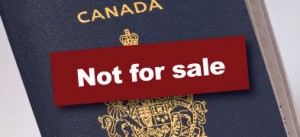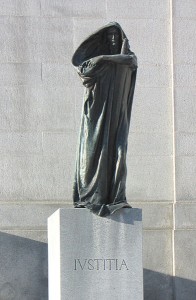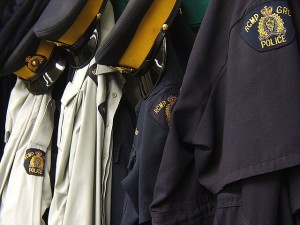
Efforts by Citizenship and Immigration Canada, the Canada Border Services Agency and the RCMP seem to be reducing the number of fraudulent marriage sponsorships (Ra Boe)
The article, by the Toronto Star’s immigration reporter, Nicholas Keung, profiles Sarem Soomro, whose marriage sponsorship application was rejected by Canadian immigration officials due to the education and age gap between the younger, high-school educated, Soomro, and his Pakistani wife, who has a degree in economics.
Despite showing logs of Facebook chats, wedding photos, receipts, and a wedding certificate, authorities did not accept the sponsorship application.
In another case, a spouse who was already living in Canada while the sponsorship application was being reviewed received a surprise visit at her home which convinced the Canada Border Services Agency (CBSA) that the marriage was a fraud:
That occurred in a case where border officers noticed the address on Xiu Yi Xuan’s driver’s licence was different than the address of her Canadian husband.
In a scene reminiscent of the 1990 romantic comedy Green Card, about a marriage of convenience, the Canada Border Services Agency made an unannounced visit to the couple’s Markham home to investigate.
Xuan, a failed refugee claimant from China, was home at the time and unable to produce her husband’s toothbrush (she claimed they shared one). She couldn’t say whether her husband used an electric razor or a disposable one, nor could she show the officer any evidence of his socks or underwear.
Despite other indications it was a genuine marriage — joint bank accounts, joint insurance, joint donations and ownership of a Stouffville property — Xuan was arrested. The couple’s spousal sponsorship was rejected and, most recently, their appeal to Federal Court denied.
The two types of immigration fraud that Citizenship and Immigration Canada (CIC) encounters, Keung notes, are cases where a foreign national manipulates and defrauds a Canadian, in order to get sponsored by them for permanent residence, and then leaves them once they have gotten what they wanted, and cases of collusion between the Canadian and the foreign national, where both understand that the primary purpose of the marriage is to provide the foreigner with Canadian permanent residency.
CIC has made changes to sponsorship rules to reduce the incidence of the first type, including instituting an initial two year probationary permanent resident status for sponsored spouses. Under the new rules, if the foreign spouse leaves their Canadian partner within that two year period, due to reasons other than neglect or abuse, their conditional permanent residency status is repealed.
The RCMP has had some successes prosecuting crime rings involving the second type of marriage fraud, including one where nearly 300 Canadian women, mostly of Haitian descent, were sponsoring men from North Africa in exchange for money.
The changes by the involved government agencies seem to be having an effect, with more people being deported on charges of sponsorship fraud annually, and a higher percentage of marriage sponsorship applications being found inadmissible due to lack of evidence of a genuine marriage.






